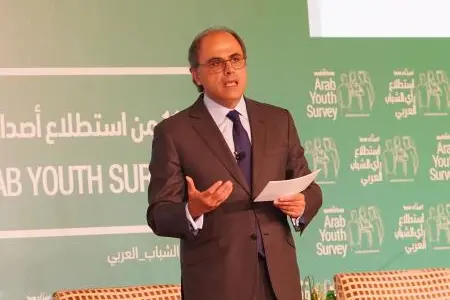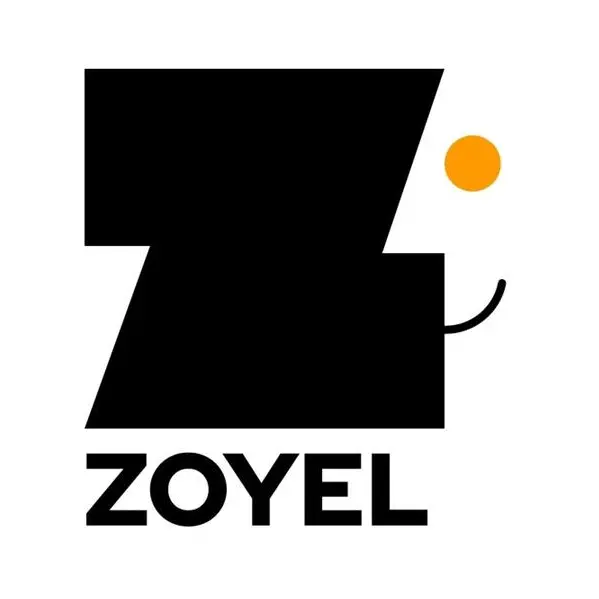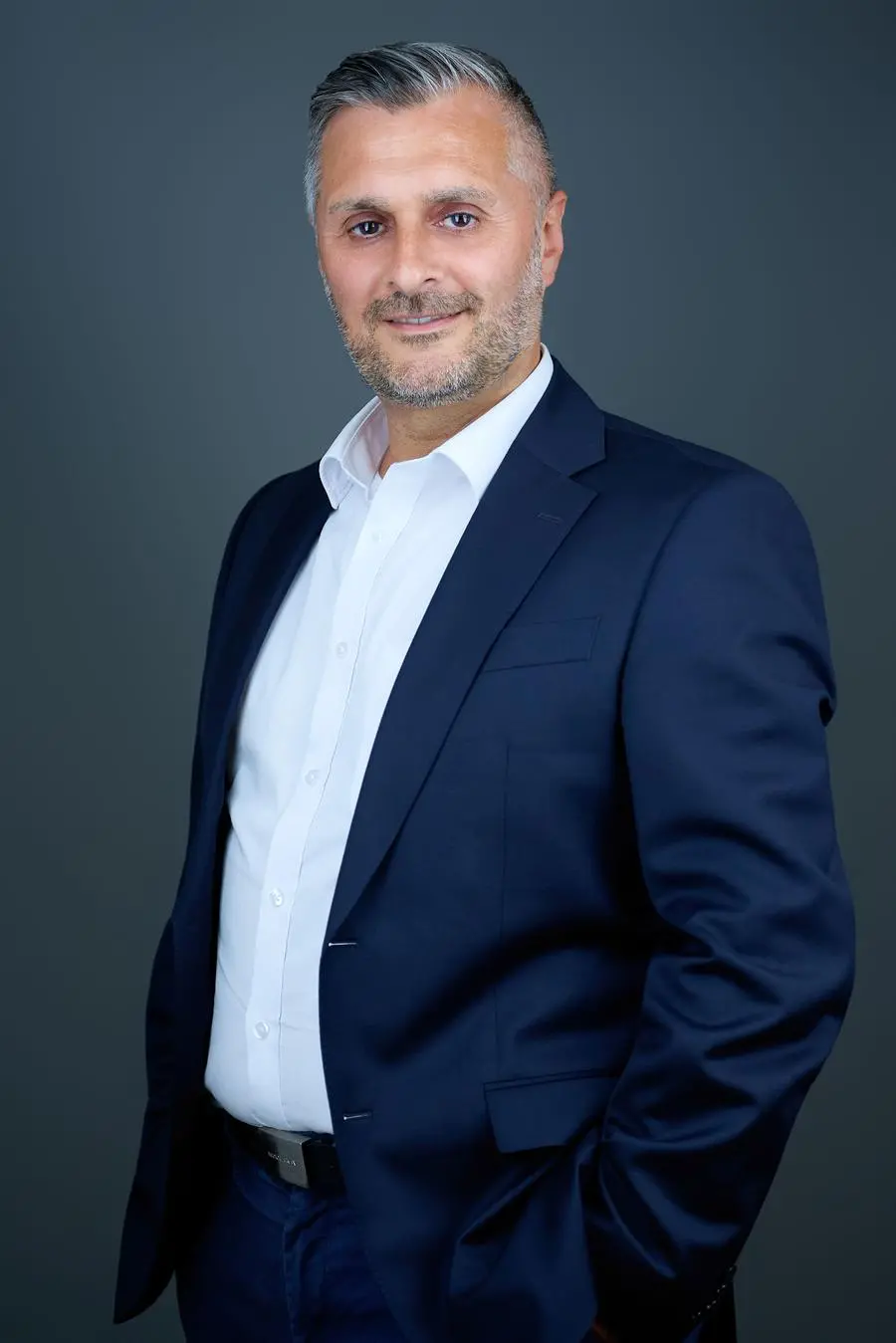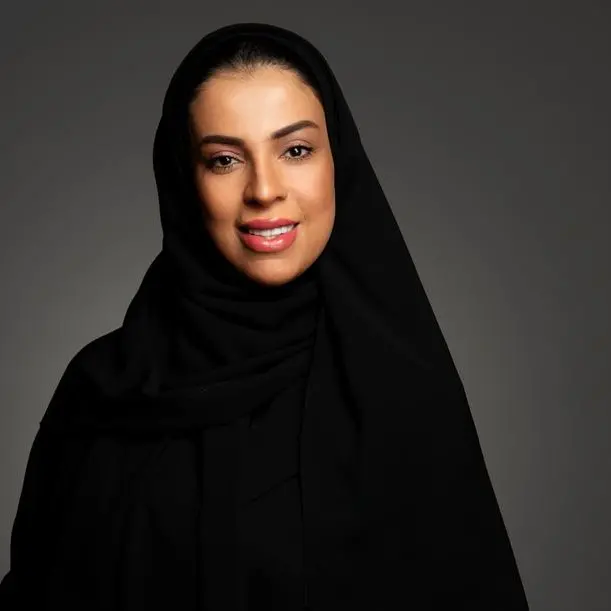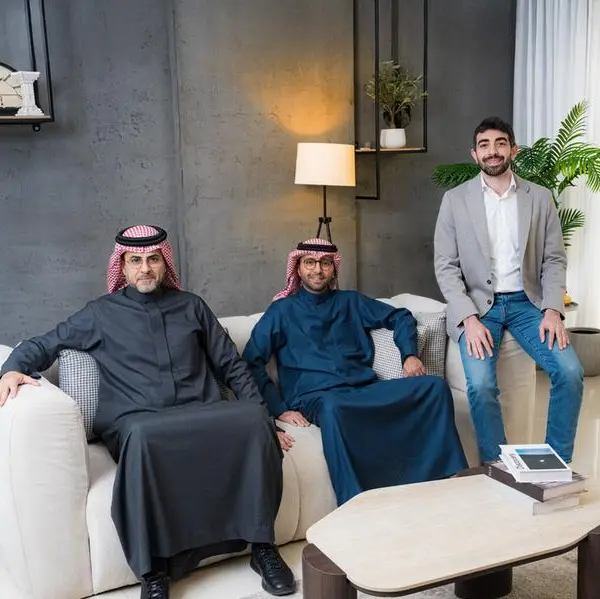PHOTO
- Findings from the region’s largest independent study of its kind on Arab youth shed light on young people’s attitudes on drug use and mental health
- 11th ASDA’A BCW Arab Youth Survey reveals opinions of 3,300 young Arab nationals aged 18-24 on political, economic, social and cultural issues
Dubai, UAE: Young Arabs say religion plays too big a role in the Middle East and believe that religious institutions should be reformed, according to findings from the 11th annual ASDA’A BCW Arab Youth Survey, released today. The survey findings are based on 3,300 face-to-face interviews conducted by PSB between January 6 and January 29, 2019 with young Arab nationals aged 18 to 24 in 15 states in the Middle East and North Africa, with a 50:50 male female split.
The survey, the largest independent study of its kind into the region’s largest demographic, finds that two-in-three (66 percent) young Arabs say religion plays too big a role in the region – an increase of 16 percentage points since 2015 – while even more (79 percent) say the region needs to reform its religious institutions. This call for reform can likely be explained by the fact that half (50 percent) say the Arab world’s religious values are holding the region back.
The 2019 Survey also reveals that young people across the Arab world want to see an end to regional conflicts, such as the Syrian civil war with 73 percent saying the conflict should end regardless, whether Bashar Al Assad stays in power or not. Instead of the regional conflicts, the survey data suggest that young Arabs want their governments to focus more on the economic issues, namely jobs and rising cost of living, the two issues seen as the largest obstacles facing the region.
Young Arabs have high expectations for their governments to deliver on the economic matters, as 78 percent say it is their government’s responsibility to provide jobs to all citizens; 78 percent say they expect energy subsidies; 60 percent say their government must provide housing to all; and one in three (33 percent) even say it is their government’s duty to provide financial debt repayment to all citizens. In the eyes of many young Arabs, their governments are currently falling short of meeting their expectations as nearly two in three (65 percent) say their country is not doing enough to help young families (83 percent in the Levant, 74 percent in North Africa, and 39 percent in the Gulf Cooperation Council [GCC] countries).
“The Arab Youth Survey once again provides tremendous insight into the thoughts of young people living in one of the most complex regions in the world,” said Donna Imperato, Global CEO, BCW (Burson Cohn & Wolfe). “The information surfaced by the study provides important context for business leaders and policy makers as they work to understand and connect with this next generation of leaders.”
The 2019 survey also explores how young Arabs perceive other countries in the region and outside the Middle East. For the eighth year running, the United Arab Emirates is seen as the top country to live in and for other countries to emulate. More than nine in 10 (93 percent) young Arabs also say the UAE is an ally of their country. Nearly as many young Arabs view Egypt (84 percent) and Saudi Arabia (80 percent) as allies to their country. Meanwhile, a strong majority say the United States is an adversary (59 percent) rather than an ally (41 percent). In fact, the views of the U.S. among Arab youth are nearly as polarizing as the views of Iran (67 percent adversary vs. 32 percent ally); and when asked whether U.S. or Russia is a stronger ally of their country, young Arabs are just as likely to select Russia (37 percent) as the U.S. (38 percent), with another 25 percent saying that neither of the two global powers are an ally.
For the first time in the history of the survey, Arab youth’s attitudes towards such issues as drug usage and mental health were explored. More than half (57 percent) of young Arabs say that drug usage among young people in their country is on the rise, and 57 percent also say that drugs are easy to obtain in their country. The perceived rise of drug use among youth is particularly prevalent in the Levant (76 percent) and North Africa (59 percent).
When asked about mental health issues, a majority (54 percent) say accessing quality medical care for mental health issues is difficult in their country, for some likely made even more difficult by the fact that half (50 percent) of Arab youth say there is a stigma around seeking medical care for mental health issues, such as anxiety or depression. The survey reveals that mental health is not an issue on the margins, as nearly one in three (31 percent) say they know someone suffering from mental health issues.
“At BCW, we are committed to using data, insights and analysis to fulfil our purpose of moving people, providing new perspectives on issues that are important to all of us,” said Donna Imperato, CEO, BCW. “The ASDA’A BCW Arab Youth Survey is a perfect example of putting this into practice. Over 11 years it has established itself as a valuable research project that provides business leaders and policymakers with powerful insights into a critical demographic.”
“For 11 years, the survey has provided insights into the hopes, fears and aspirations of the region’s youth,” said Sunil John, President, ASDA’A BCW. “This year’s finding show that youth are looking at their governments to reshuffle their priorities, especially when it comes to the role played by religion and seemingly endless conflicts – and they want to see change.
“Young Arabs who have grown up against a backdrop of extremism and geopolitical conflicts are tired of the region being defined by war and conflict,” John continued. “They say they want their leaders to focus on the economy and providing better services such as quality education and healthcare, and respondents, particularly in North Africa and the Levant, expect their governments to do much more to address these core concerns.”
With 65 percent of the Arab population under the age of 30, the survey presents evidence-based insights into the attitudes of Arab youth, providing public and private sector organisations with data and analysis to inform their decision-making and policy creation.
Other key findings from this year’s Survey include:
- Three in four young Arabs are concerned about the quality of education in their country, and two in three say they would prefer to pursue higher education outside their country
- Arab youth view Saudi Arabia and the U.S. as the two nations increasing their influence in the region more than any other countries
- Young Arabs are driving the region’s e-commerce boom and are beginning to prefer paying by card rather than cash when shopping online
- Among Arab youth, social media is more popular and seen as more trustworthy than traditional media
Read the full findings and expert insight and commentary on this year’s ASDA’A BCW Arab Youth Survey at www.arabyouthsurvey.com
-Ends-
About ASDA’A BCW
ASDA’A was founded in 2000 as an independent agency by Sunil John, who continues to lead in the agency’s 20th year. In 2008, WPP acquired a majority stake in the firm. ASDA’A became an integral part of the Burson-Marsteller global network. After the recent merger of Burson-Marsteller and Cohn & Wolfe to create Burson Cohn & Wolfe, the firm is now ASDA’A BCW. Today, the agency employs over 160 professionals across nine wholly-owned offices and seven affiliates in 15 Middle East & North Africa (MENA) countries. The Agency now serves more than 100 retained clients in the region and is the leading PR consultancy in MENA. www.asdaa-bcw.com
The ASDA’A BCW Arab Youth Survey underlines the agency’s ‘power of three’ model, which combines public relations, research and digital capabilities through three specialist brands. ASDA’A BCW works closely with its sister company PSB Middle East, the research firm, which conducted 3,300 face-to-face interviews with young Arab nationals aged 18 to 24 in 15 MENA countries; while Proof, the digital, data and design agency, drives digital and creative aspects of the Survey including the new logo and brand identity, and its digital and social presence.
About the Arab Youth Survey
Now in its 11th year, the annual ASDA’A BCW Arab Youth Survey is one of the most important pieces of research produced in the Middle East and offers unique insight into the attitudes and aspirations of the region’s biggest demographic. With 65 per cent of the Arab population under the age of 30, the Survey presents evidence-based insights into the attitudes of Arab youth, providing public and private sector organisations with data and analysis to inform their decision-making and policy creation. The survey is the largest of its kind of the region’s largest demographic, based on face-to-face interviews with 3,300 Arab men and women aged 18 to 24, and covers five of the Gulf Cooperation Council states (Bahrain, Kuwait, Oman, Saudi Arabia and the UAE), North Africa (Algeria, Egypt, Libya, Morocco, and Tunisia) the Levant (Iraq, Jordan, Lebanon and the Palestine territories) and Yemen.
The ASDA’A BCW Arab Youth Survey has won the coveted IN2 SABRE Award for ‘Thought Leadership in PR’ in EMEA for three consecutive years and was awarded the PRWeek Global Award for Middle East Campaign of the Year in 2018.
For media enquiries, please contact:
Margaret Flanagan
ASDA’A BCW
+9714 4507 600
margaret.flanagan@bcw-global.com
Disclaimer: The contents of this press release was provided from an external third party provider. This website is not responsible for, and does not control, such external content. This content is provided on an “as is” and “as available” basis and has not been edited in any way. Neither this website nor our affiliates guarantee the accuracy of or endorse the views or opinions expressed in this press release.
The press release is provided for informational purposes only. The content does not provide tax, legal or investment advice or opinion regarding the suitability, value or profitability of any particular security, portfolio or investment strategy. Neither this website nor our affiliates shall be liable for any errors or inaccuracies in the content, or for any actions taken by you in reliance thereon. You expressly agree that your use of the information within this article is at your sole risk.
To the fullest extent permitted by applicable law, this website, its parent company, its subsidiaries, its affiliates and the respective shareholders, directors, officers, employees, agents, advertisers, content providers and licensors will not be liable (jointly or severally) to you for any direct, indirect, consequential, special, incidental, punitive or exemplary damages, including without limitation, lost profits, lost savings and lost revenues, whether in negligence, tort, contract or any other theory of liability, even if the parties have been advised of the possibility or could have foreseen any such damages.
